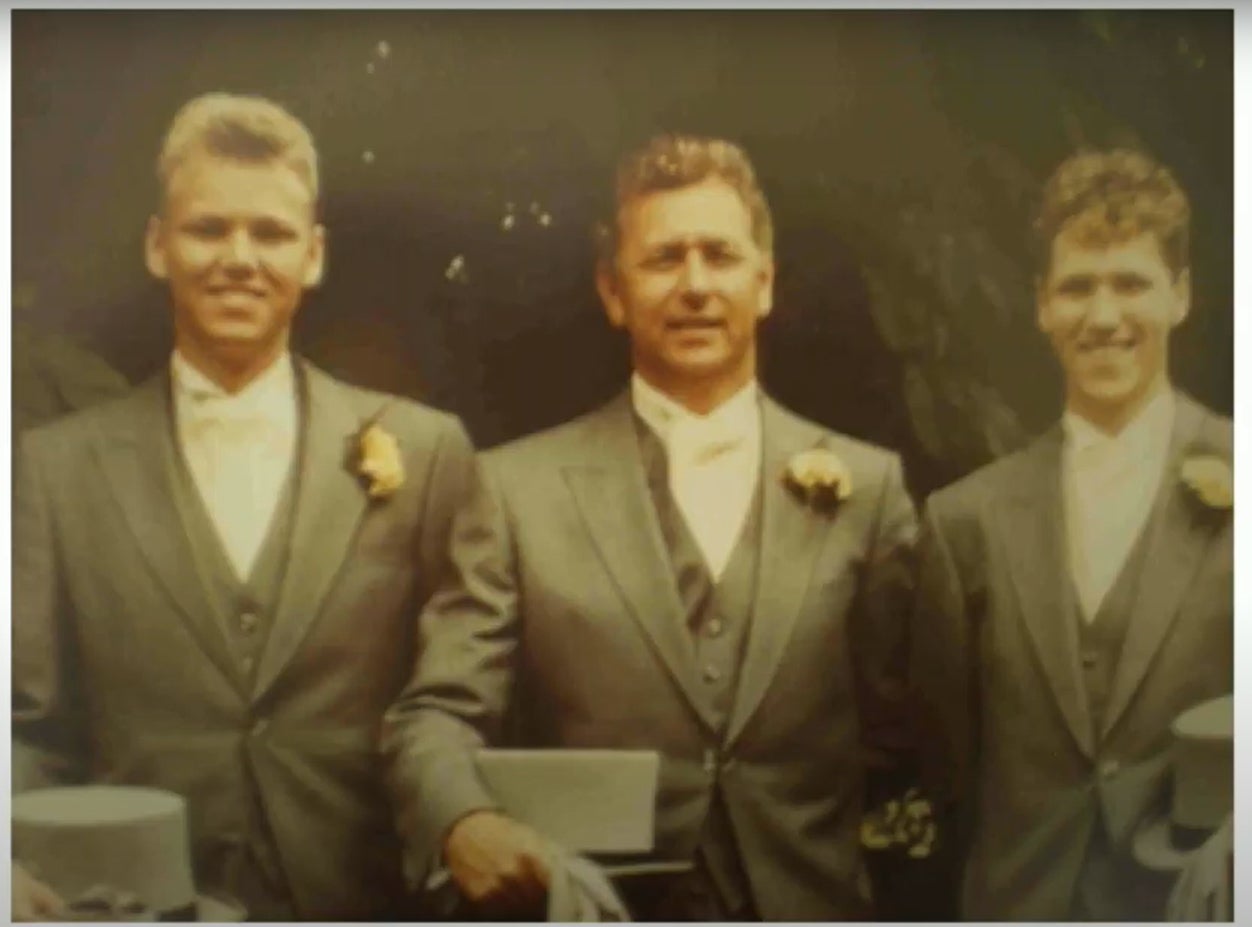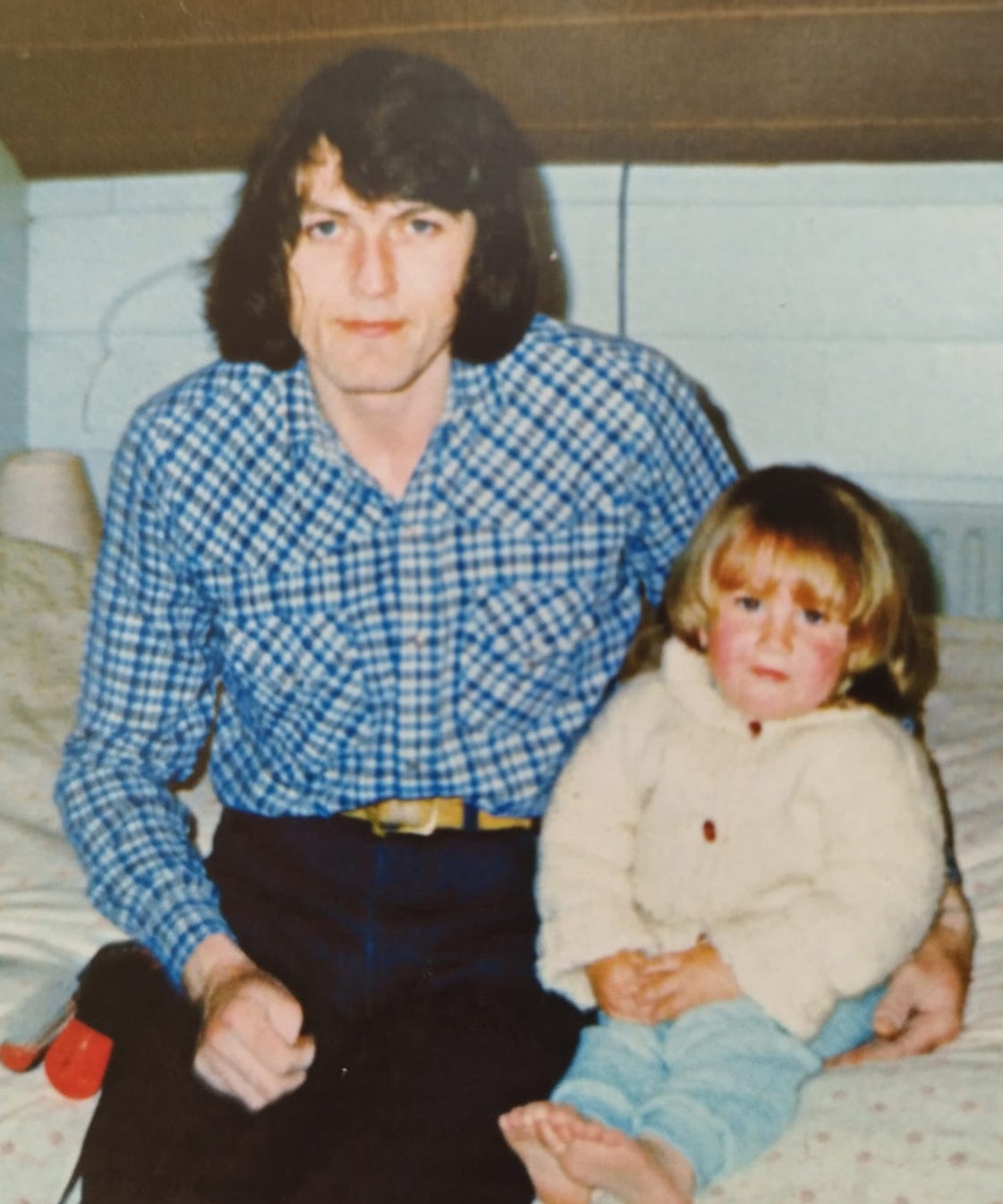
School children were used as “objects for research” with risks of contracting hepatitis and HIV were ignored, the final report of the Infected Blood Inquiry has found.
Of the pupils that attended the Lord Mayor Treloar College in the 1970s and 1980s, “very few escaped being infected” and of the 122 pupils with haemophilia that attended the school between 1970 and 1987, only 30 are still alive.
Students at the boarding school in Hampshire were given treatment at an on-site NHS centre. However many pupils with the condition had been treated with plasma blood products which were infected with hepatitis and HIV.
Have you been affected by this? Email joe.middleton@independent.co.uk
Inquiry chairman Sir Brian Langstaff concluded in his 2,527-page report released on Monday that children at Treloar’s were treated with multiple commercial concentrates that were known to carry higher risks of infection.
In addition, he said that staff favoured the “advancement of research” above the best interests of the children.
Sir Brian said: “The pupils were often regarded as objects for research, rather than first and foremost as children whose treatment should be firmly focused on their individual best interests alone. This was unethical and wrong.”

His report found there is “no doubt” that the healthcare professionals at Treloar’s were aware of the risks of virus transmission through blood and blood products.
He wrote: “Not only was it a prerequisite for research, a fundamental aspect of Treloar’s, but knowledge of the risks is displayed in what the clinicians there wrote at the time.
“Practice at Treloar’s shows that the clinical staff were well aware that their heavy use of commercial concentrate risked causing Aids,” he continued.
Despite knowledge of the dangers, clinicians proceeded with higher-risk treatments in attempts to further their research, the report concluded.
Sir Brian wrote: “It is difficult to avoid a conclusion that the advancement of research was favoured above the immediate best interest of the patient.”

Richard Warwick, 58, was infected with HIV and hepatitis C while he was a pupil at Treloar’s college, told The Guardian the pupils were seen as “expendable”.
He said: “We were given injections of different types of factor VIII [the infected blood product] – it was all prepared in syringes for us. They were chopping and changing different manufacturer in batches in what today would be called infectivity trials. We were eight- or nine-year-old kids.
“I hate the term guinea pig, but that’s what we were. We were ‘cheaper than chimps’ as was stated in a letter at the time.”
Haemophilia is an inherited disorder where the blood does not clot properly. Most people with the condition have a shortage of the protein that enables human blood to clot, known as Factor VIII.
In the 1970s, a new treatment was developed – factor concentrate – to replace the missing clotting agent, which was made from donated human blood plasma.
The Lord Mayor Treloar College, which has since been rebranded as Treloar’s, was established in 1908 as a school that gave disabled children a better chance to receive an education alongside any medical treatment they might need.
It was originally a boys’ school but then merged with a girls’ school in 1978 to become co-educational.
From 1956, boys with haemophilia began attending the school. After it was discovered pupils had been given infected blood plasma, the NHS clinic at the school closed.
Treloar School and College said in a statement: “The inquiry’s report shows the full extent of this horrifying national scandal. We are devastated that some of our former pupils were so tragically affected and hope that the findings provide some solace for them and their families.
“The report lays bare the systemic failure at the heart of the scandal.”
Additional reporting by PA



.png?w=600)



